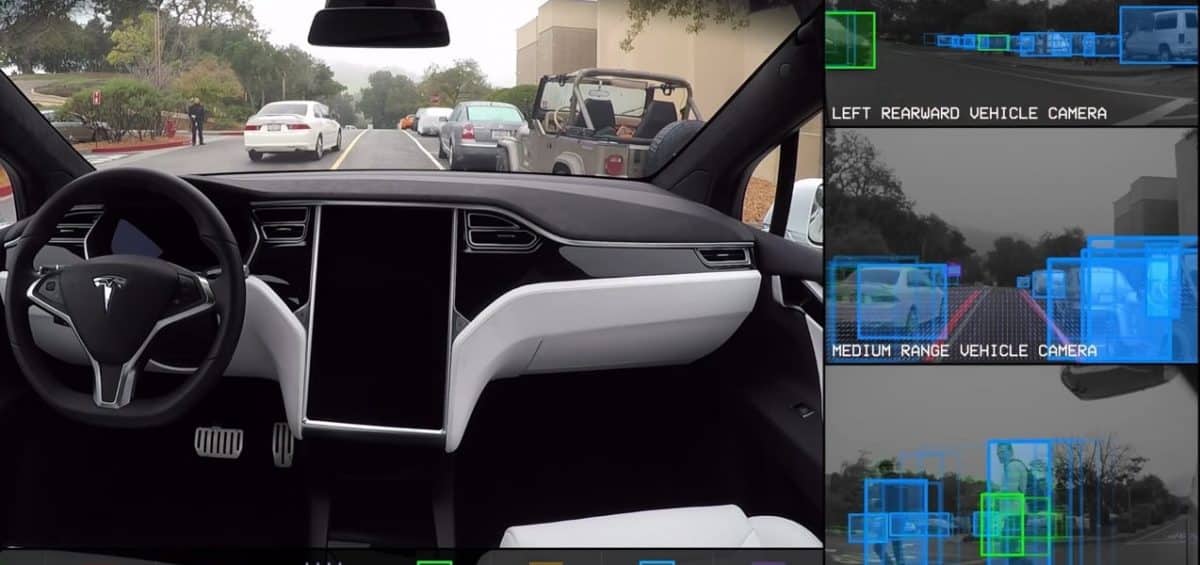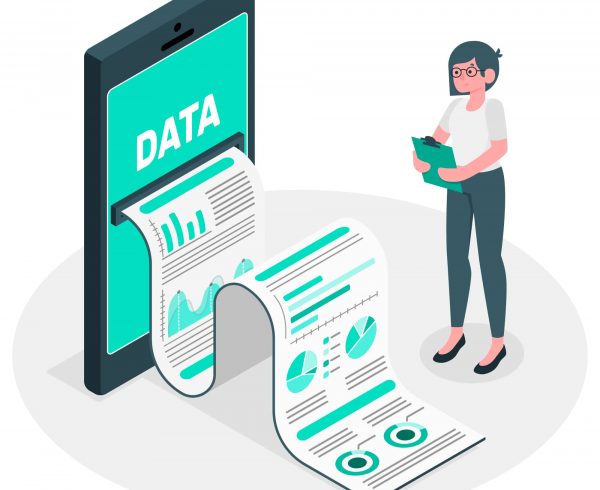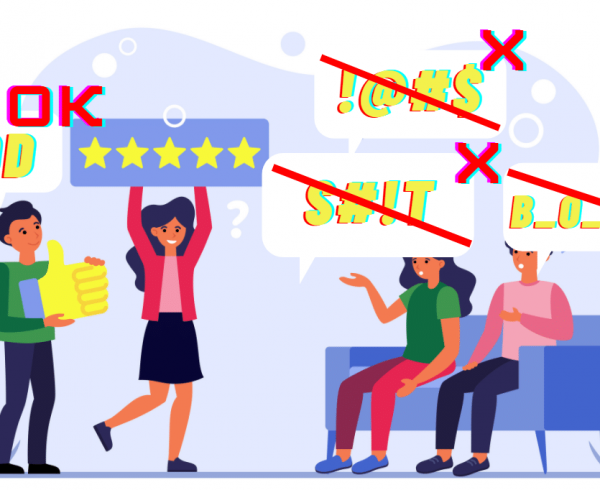Top 10 Data Labeling Companies Helping AI Move Forward
We’re still some way from realizing the full potential of artificial intelligence. Robots, drones, and self-driving vehicles need AI trained on reliable data to achieve higher levels of autonomy and the truth is, firms are struggling to source enough high-quality data to fully develop these types of AI projects.
1. How Data Labeling Companies Support AI
1.1 Data labeling companies and AI
1.2 The Job of Data Labeling Companies
2. Top Data Labeling Companies
3. Chat with us for the right Data Labeling partner
1. How data labeling companies support AI
1.1 Data labeling companies and AI
Rroads and motorways chock full of self-driving cars and hospitals using robot doctors are still some way from being fully realized. And while AI certainly requires vast amounts of ‘big data’ to learn and develop, it’s really about getting ‘smart data’ to train machine learning models. After all, artificial intelligence is only as good, or as smart, as the data it’s fed. And today, in most cases, that data needs to be labeled by humans. Companies working on machine learning projects must focus on their core functions such as research, development, and analysis and therefore do not necessarily have the time for annotating data at the volumes required. Many firms outsource the task to service providers to get everything done on time and within budget. What follows is a brief rundown of some of the top players currently operating within the data labeling and data annotation market.
1.2 The Job of Data Labeling Companies
Data labeling remains essential to the machine learning process as AI needs a structured set of training data to learn from. A tremendous amount of effort is required to provide accurately labeled datasets. Data labeling companies, as mentioned below, are integral to any organization looking to build AI models as they can help save time, money, and eliminate inefficiencies. The process is far less of a headache thanks to a mix of team management, prediction analysis, automation, and iterative learning. Datasets today are much more accurate and optimized with different variable changes than they were even three years ago, enabling AI to learn at an exponentially quicker rate. As a consequence, perhaps the ubiquity of self-driving cars and Robo-doctors may not be too far off.
2. Top Data Labeling Companies
Pure Moderation
Labeling data requires great skill and attention to detail. Data labelers must sustain focus and show consistency in their work in order to improve the performance and ability of machine learning algorithms, so it’s vital they are well-trained. Pure Moderation specializes in running teams of human data labelers on a project-by-project basis that can provide manual data labeling for hundreds of use cases.
With over 16 years of experience as a trusted training data source and working with clients from all over the globe, Pure Moderation has built a reputation for trust and integrity through high-quality services, open communication, seamless integration, and confidentiality. With offices in Vietnam, Thailand, Laos, Indonesia, the Philippines, India, the EU, and the USA, Pure Moderation helps businesses of any size to test and improve their machine learning models with a community of qualified contributors, available 24/7. Pure Moderation’s all-in-one data annotation platform can quickly deliver large volumes of high-quality data across multiple data types, including image, video, speech, audio, and text for specific AI program needs.

Pure Moderation (a brand of Gear Inc.) is of one the leading Data Labeling Companies worldwide
Leap Steam
Established in 2020, Leap Steam, a leading Vietnamese BPO, is dedicated to empowering AI projects through meticulously crafted data labeling solutions for images, text, and videos. Their team of seasoned experts is committed to ensuring unparalleled accuracy through rigorous quality control measures. With a flexible approach, competitive pricing, and a proven track record of serving over 10 global clients, Leap Steam excels in streamlining workflows and maximizing AI model performance.
Labelbox
Founded by Dan Rasmuson, Brian Rieger, and Manu Sharma in 2018 and based in San Francisco, LabelBox applies its high-powered, AI-enabled tools to manage and label their clients’ data by automating the labeling process and training models for active learning. Their platform allows users to invite team members and collaborate over workflows, along with importing and exporting several different kinds of annotation formats.
V7 Darwin
This London-based startup began in August 2018, founded by Alberto Rizzoli and Simon Edwardsson. They specialize in the healthcare, life sciences, manufacturing, autonomous driving, and agri-tech sectors. Their V7 Darwin platform creates training data for computer vision projects and allows vision AI to learn continuously from training data with minimal human involvement. V7 is a class agnostic, pixel-perfect automated annotation platform, best suited to teams with large volumes of data, strict quality requirements, and not much time.
Scale AI
In 2016, when 19-year-old Alexander Wang co-founded Scale AI along with Lucy Guo, he was still a student at MIT. The company has since grown to around 300 employees, raised hundreds of millions in investment capital, and has a valuation in excess of $3.5 billion. Scale has grown to become one of the largest in the sector, having branched out from an initial focus providing image and video data to self-driving vehicle companies. The company now offers a wide variety of support to businesses in industries ranging from finance to logistics to government.
Amazon SageMaker Ground Truth
Launched in 2017, Amazon SageMaker is a managed, cloud-based service from the Amazon Web Services stable. It provides tools to build, train and deploy machine learning models for predictive analytics applications quickly and accurately. SageMaker Ground Truth offers easy access to public and private human labelers and provides them with built-in workflows and interfaces for common labeling tasks.
Clarifai
Founded in 2013 by Matthew Zeiler and headquartered in Wilmington, Delaware, Clarifai is a leading deep learning AI platform for computer vision, natural language processing, and automatic speech recognition. By using convolutional neural networks, their process enables a computer to learn from data examples and draw its own conclusions, giving applications the ability to predict correct tags for images or videos. It has pre-built recognition models that can identify a specific set of predetermined concepts.
Automaton AI
Operating out of Pune, India, Automaton AI delivers AI-powered software and technical solutions to firms that want to leverage data and machine learning algorithms in business. Their ADVIT platform can create, manage and develop high-quality training data, optimize data automatically and prepare it for each phase of the computer vision pipeline. ADVIT simplifies the development of end-to-end Deep Learning by reducing the application development time considerably as Data Scientists and Data Engineers can work collaboratively on a single platform.
Ango AI
Ango Hub from Ango AI (headquartered in Brooklyn NY but with offices in Istanbul and Ankara, Turkey) is an all-in-one platform for massive-scale automated and collaborative data labeling. Ango Hub combines the automation & collaboration into a plugin-based architecture. Available on both the cloud and on-site, Ango Hub allows AI teams to annotate their data quickly and efficiently. Ango Hub’s main strength is its versatility, as it handles image, video, audio, text, PDF, and multi-page images, all with a common interface so annotators don’t need to retrain.
Alegion
Working out of the creative center of Austin, Texas since 2012, Alegion’s powerful yet flexible labeling platform integrates human and machine intelligence to provide highly-accurate labeled data that can be used to train or validate machine learning models. With the application of integrated ML, their platform has unique capabilities like conditional logic, iterative tasks, multi-stage, and workflows, that are essential for high quality at scale.
TrainingData.io
TrainingData.io has operated from the tech hub of Palo Alto since 2018. Their founding team, led by CEO Gaurav Gupt, brings more than twenty years of combined experience in building robust solutions for Visual AI. Their SaaS solution allows their clients to build their AI solution up to ten times faster through 95% automation and is designed for machine learning teams that use deep learning for computer vision.
Heartex
Heartex has been offering data labeling and annotation tools that can provide accurate and smart data for machine learning from their San Francisco base since 2019. Label Studio, their open-source data labeling tool with a configurable user interface, provides a host of capabilities to set up, manage, execute, and monitor data labeling projects. From Role-Based Access Control to the metrics and analytics needed to quickly diagnose problems and take corrective action, Label Studio makes it easy to organize projects and manage data teams.
3. Chat with us for the right data labeling services
To learn more about outsourcing your content moderation processes and the value that it can bring your business,
💬 Chat with us on our website, or contact Pure Moderation for a free consultation and trial.













I know data annotation labelling 2D and 3D bounding box labelling and polygon.
It’s really an excellent post. I just stumbled upon your blog and wanted to say that I have really enjoyed reading your blog. Thanks for sharing.
There are a lot of smaller companies, offshore, that do the same service but less expensive.
I am an AI data annotation specialist with over 8 years of working with different sets of data to help my client develop machine learning algorithms.
I pride myself as someone who offers the value-for-money product by ensuring that I give my clients top-notch data in terms of quality and precision.
I ensure that the annotation quality does not go below 95% against the quality standards set out in the rubric. My turnaround times per task are also very efficient since my average object per second is 15 seconds per object. This is very important since, through it, I can improve my general output in terms of the number of objects being annotated daily.